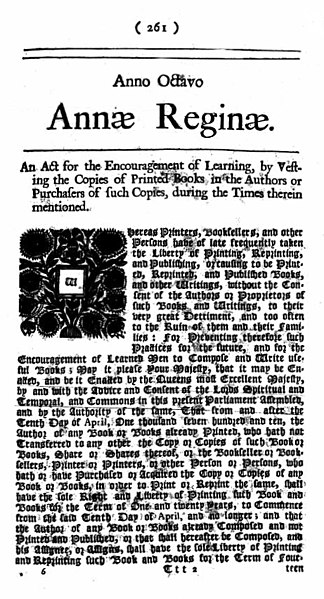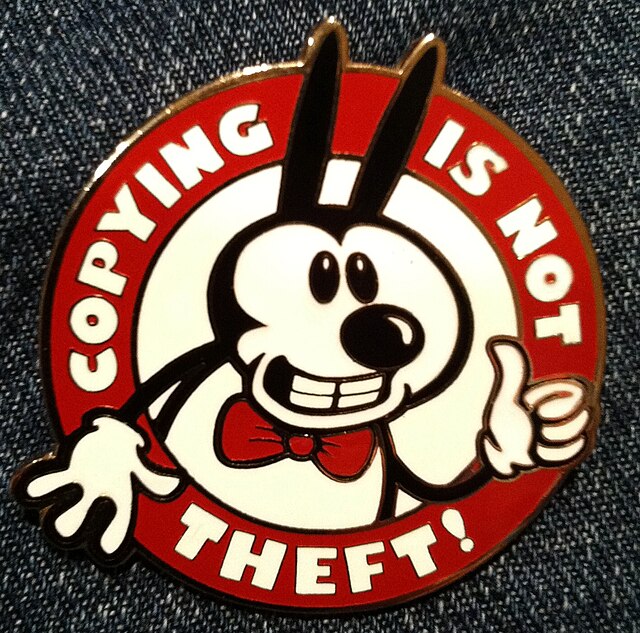Trade secrets are a type of intellectual property that includes formulas, practices, processes, designs, instruments, patterns, or compilations of information that have inherent economic value because they are not generally known or readily ascertainable by others, and which the owner takes reasonable measures to keep secret. Intellectual property law gives the owner of a trade secret the right to restrict others from disclosing it.
Green Chartreuse liqueur protected by confidential information of the ingredients
Intellectual property (IP) is a category of property that includes intangible creations of the human intellect. There are many types of intellectual property, and some countries recognize more than others. The best-known types are patents, copyrights, trademarks, and trade secrets. The modern concept of intellectual property developed in England in the 17th and 18th centuries. The term "intellectual property" began to be used in the 19th century, though it was not until the late 20th century that intellectual property became commonplace in most of the world's legal systems.
Intellectual property laws such as trademark laws forbid the sale of infringing goods like these "McDnoald's" [sic] and "NKIE" [sic] sandals from China.
The Statute of Anne came into force in 1710.
Demonstration in Sweden in support of file sharing, 2006
"Copying is not theft!" badge with a character resembling Mickey Mouse in reference to the "in popular culture" rationale behind the Sonny Bono Copyright Term Extension Act of 1998


![Intellectual property laws such as trademark laws forbid the sale of infringing goods like these "McDnoald's" [sic] and "NKIE" [sic] sandals from Chin](https://upload.wikimedia.org/wikipedia/commons/thumb/0/07/Nike%2C_McDonald%E2%80%99s_copyright_infringing_sandals_in_China.jpg/483px-Nike%2C_McDonald%E2%80%99s_copyright_infringing_sandals_in_China.jpg)


